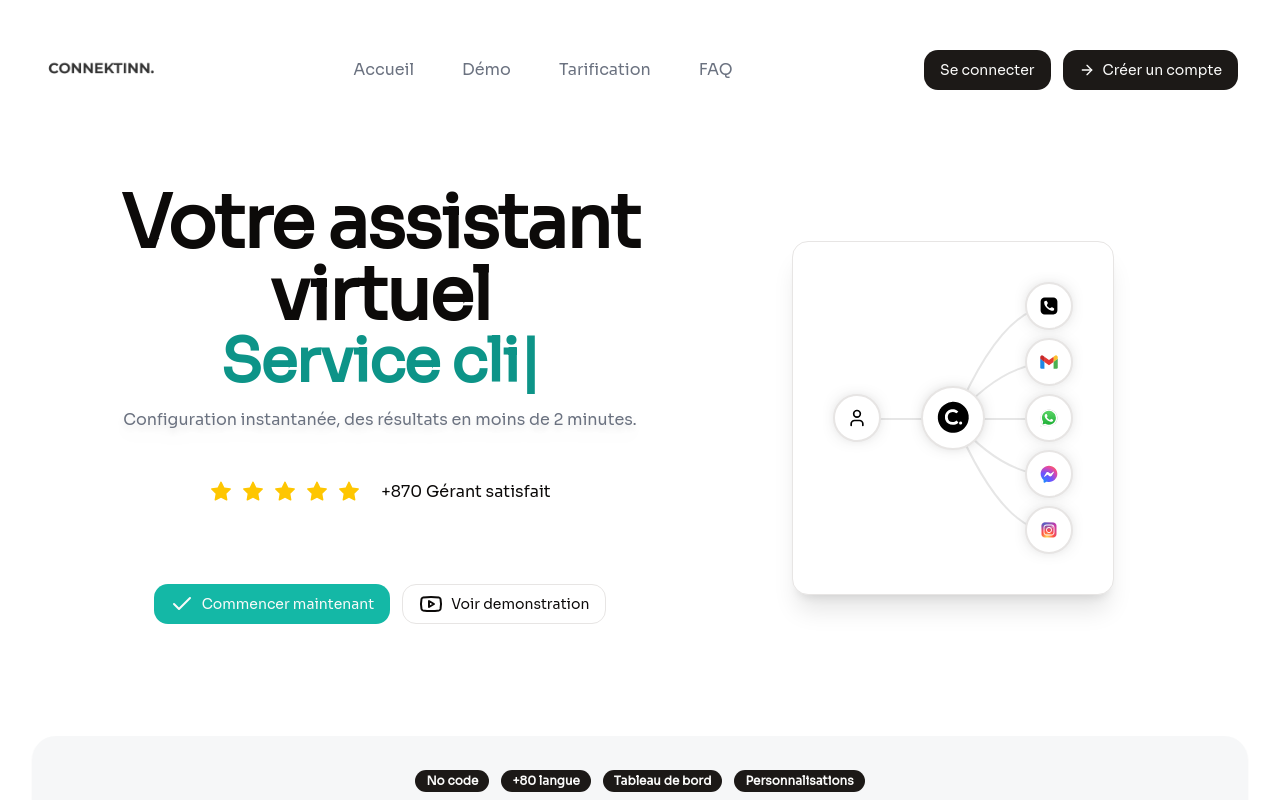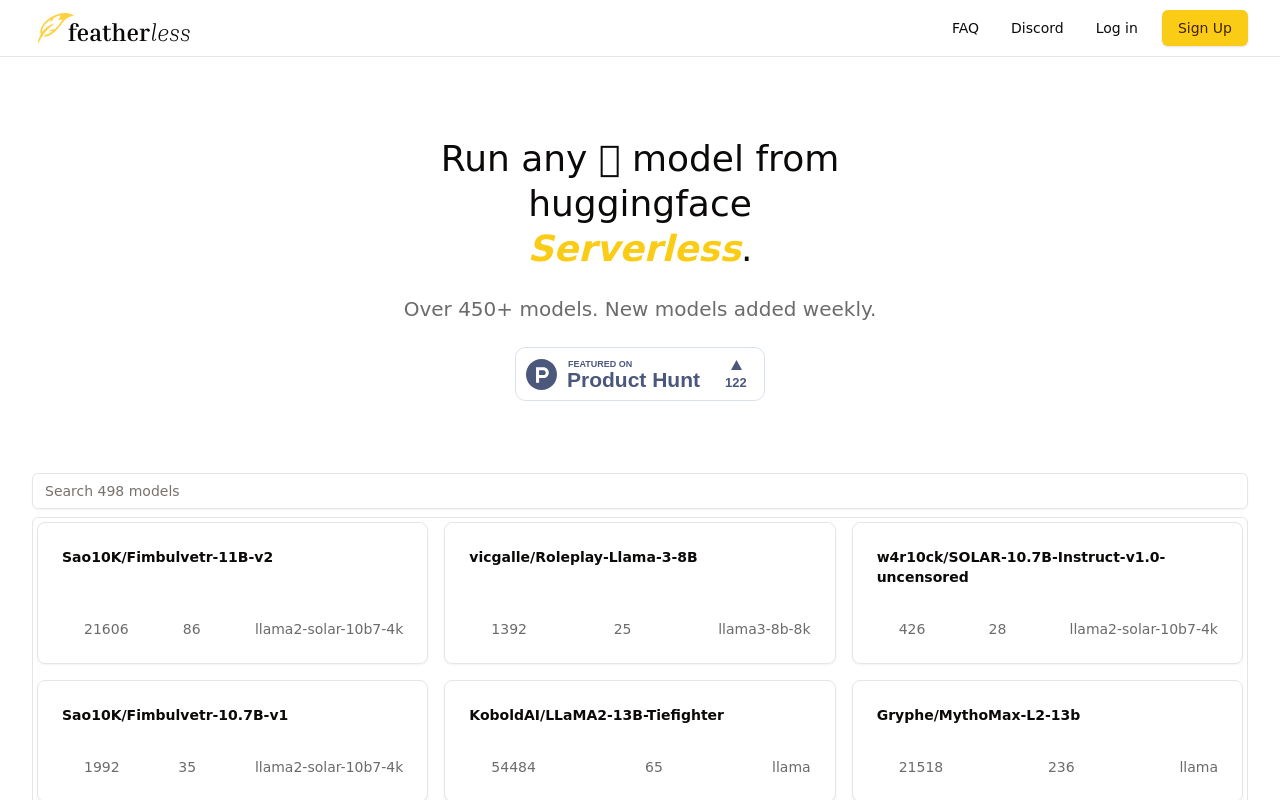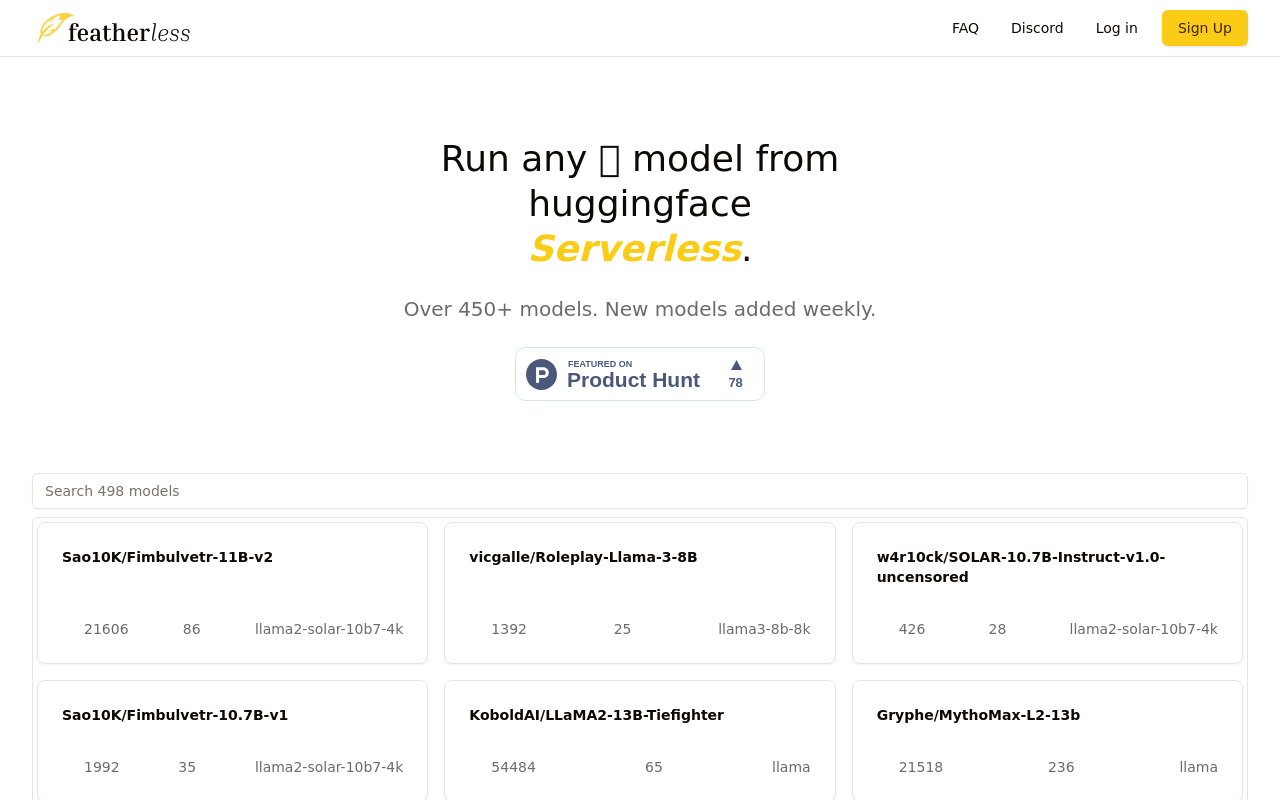Best for:
- Students
- Freelancers
- Teams
Use cases:
- Project management
- Note-taking
- Team collaboration
Users like:
- Marketing
- Development
- Project Management
What is Notion?
Quick Introduction.
Notion is an all-encompassing workspace that is designed to facilitate note-taking, information organization, project management, and task tracking – all in one place. The tool is immensely flexible, allowing users to mold it according to their individual needs or those of their team. Whether you are a freelancer, a student, or part of a large corporation, Notion adapts seamlessly to your style of work. Besides the traditional notes and lists, Notion supports databases, calendars, kanban boards, and more, making it an incredibly versatile tool. It streamlines workflows and centralizes various sectors of work into one cohesive system, hence elevating productivity and reducing the need for multiple tools.
Users will appreciate Notion’s intuitive interface and collaborative functionalities. It offers real-time syncing across devices and a comprehensive array of templates that can jumpstart any project. You can create everything from personal journals to complex business workflows. One highlight of Notion is its use of blocks – modular elements that users can drag and drop to build customizable layouts. From students managing their study schedules, professionals tracking projects, to creatives collaborating on ideas, Notion’s use cases are vast.
Pros and Cons
Pros:
- Highly Customizable: The block-based system allows meticulous customization.
- Collaborative: Supports real-time collaboration, making it great for teamwork.
-
All-in-One Solution: Combines multiple tools into one, including notes, databases, and task managers.
Cons: - Learning Curve: The vast array of features means it can take a while to learn entirely.
- Offline Access: Features are somewhat limited when not connected to the internet.
- Performance Issues: Can be slow when handling large pages or databases.
TL;DR.
- Highly customizable platform for organizing all types of data and tasks.
- Excellent collaboration features for team projects.
- Centralizes multiple functionalities in one system, reducing tool fragmentation.
Features and Functionality
1. Block System: Notion’s block system allows users to create and organize content in various formats, such as text, lists, images, and more. Every piece of content you create is a block, giving you extreme flexibility.
2. Databases: Create databases to manage a range of information and even transform them into Kanban boards, galleries, lists, or more.
3. Templates: Various pre-built templates exist covering areas from to-do lists to complex project management tools, which can be customized to specific needs.
4. Collaboration: Multiple users can work on the same document simultaneously, with real-time syncing.
5. Integration: Integrates well with tools like Slack, Google Drive, Trello, and other prominent tools, enhancing functionality further.
Integration and Compatibility
Notion integrates seamlessly with several platforms and software, thus enhancing its versatility. Some of the key integrations include Slack for communication, Google Drive for storage and document sharing, Trello for task management, and Figma for design collabs.
Do you use Notion?
This advantageous range of integrations ensures that Notion can fit well into most existing workflows without requiring users to abandon their favorite apps. Additionally, Notion offers API access, allowing developers to integrate it further with custom solutions. However, it is still adequately functional as a standalone tool for those who prefer an isolated ecosystem.
Benefits and Advantages
Key Benefits:
- Enhanced Collaboration: Facilitates team communication and document sharing with real-time updates.
- Time-Saving Templates: The range of templates allows for quick setup of projects, saving time and effort.
- Unified Workspace: Combines notes, tasks, databases, and collaboration features into one, reducing the need for multiple tools.
- Highly Customizable: Modular blocks let users create and organize content to fit their specific needs.
- Robust Integration: Harmonizes with various other tools to supplement its native features.
Priving and Licensing
Notion offers a pricing model that caters to various needs. They have a free plan which is robust enough for personal use, including unlimited pages and blocks but limited to 5 guests. Then there’s the Personal Pro Plan at $5 per month, which includes unlimited file uploads, version history, and collaboration features. Their Team plan is $10 per user per month and aims at businesses with advanced team collaboration features. For large organizations, Notion offers an Enterprise plan with custom pricing and advanced admin features and security compliances.
Support and Resources
Notion boasts comprehensive support options including detailed documentation, live chat support, and a dedicated community forum. The documentation is replete with guides, tutorials, and example use-cases, offering vast resources for new and experienced users alike. The community forum enables users to share tips, troubleshoot problems collaboratively, and stay updated on new features. Additionally, Notion hosts webinars and provides personalized coaching through their Notion Consultants network, adding another valuable primary support layer.
Notion as an alterternative to
Notion often comes up as an alternative to Evernote. While Evernote is renowned for its note-taking capabilities, Notion expands significantly by integrating project management and database functionalities. Additionally, its block-based approach to content allows for far greater customization. Overall, Notion offers a more versatile and integrated solution for those looking to unify different aspects of their work.
Alternatives too Notion
- Trello: This tool excels at visual project management and is easy to use for straightforward task planning, making it a superior choice for small teams focused on simplicity.
- Asap:** Provides a simpler, more linear note-taking experience with robust search features for users who prioritize ease of access and straightforward organizational needs.
- ClickUp: Combines all features of productivity such as docs, tasks, and time tracking but caters better to complex projects and more task-oriented teams, considering its extensive tracking capabilities.
Conclusion
To sum up, Notion presents itself as a highly flexible, all-in-one workspace that can adapt seamlessly to various needs. Its main strengths lie in its extensive customization, collaborative functions, and ability to centralize multiple tools into one robust system. While there is some complexity and a learning curve involved, the benefits Notion provides far outweigh the cons for those willing to invest time in mastering it. This tool proves exceptionally useful for students, professionals, and teams looking to enhance productivity and workflow management.



